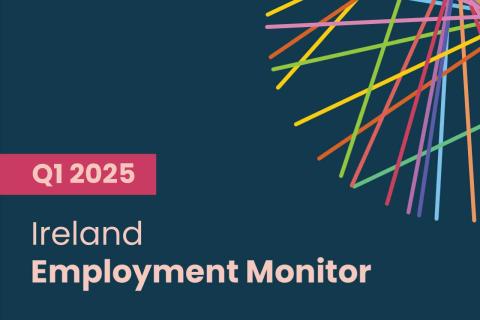Sample CV for tax professionals

Our experts share their advice on writing an successful CV
Download Tax CV Template
How to prepare a good tax CV
The most important thing when preparing your CV is to get it noticed! Follow the tips below and you should have a good document representing you as a tax professional. I've also included a sample tax CV as an example.
Use keywords
It is important to remember that your CV is a sales document that should sell your experience, skills and qualifications to a potential employer. It is essential that the person reading your CV is able to identify these things on your CV as quickly and easily as possible, an easy way of doing this is through the use of key words. Needless to say, you should only mention keywords if they actually apply to your achievements and experiences.
- Always mention qualifications such as ACA or AITI or current “hot” issues such as transfer pricing, tax accounting, IFRS, Fin 48.
- Highlight the tax heads that you are most familiar with: corporation tax, personal tax, CGT, CAT, etc.
Tip: Do not underestimate the power of tax compliance work. Many tax candidates feel they need to emphasise their exposure to major or complex consultancy work – compliance work is the bread and butter of any industry and never undersell your exposure to it.
Cut out the waffle
Make sure that your achievements are not lost within a heap of waffle. The harder it is for a person reading your CV to identify your key skills and achievements the more likely they are to put it to one side and look at the next one.
Make your job title and key responsibilities absolutely clear on your CV.
Keep it short
Ideally your CV should be no more than three pages long and typically going onto a 3rd page only if you have a lot of years’ of work experience. Also, don’t try to put too much information into your CV. A document that is clearly laid out with bullet points and headings and uses “white space” will enable the reader to identify the salient points on your CV much more easily.
Keep updating your CV
It is good habit to update your CV every 6-12 months or so even if you are not actively looking for a new job. It will make your CV more focused and your achievements will be true achievements rather than trying to scramble remembering achievements within your last 5 or so years.
Most frequently asked questions by tax professionals
Can I include my client portfolio?
This is often a question asked by professionals working in practice. It is important to outline the types of clients you are responsible for to give a HR person an idea of the type of tax work you are involved in. You can refer to your client portfolio by industry sector/type or simply by listing the names of the clients.
Do I need to go back as far as school and college results?
Yes, I would outline your leaving cert results and degree obtained in university.
Do I need to mention who I report into and who reports into me?
Absolutely, people management and leadership is an essential skill for many employers even if the role you are applying for has no direct reports.
Do I include secondments or experience during college years?
Yes, always include secondments as this highlights your adaptability to different work cultures/environments plus employees who are selected for industry secondments are usually regarded as the high caliber employees. Experience during college years does not need to be included unless it was a summer internship with a finance capacity e.g. for one of the professional services firms.














